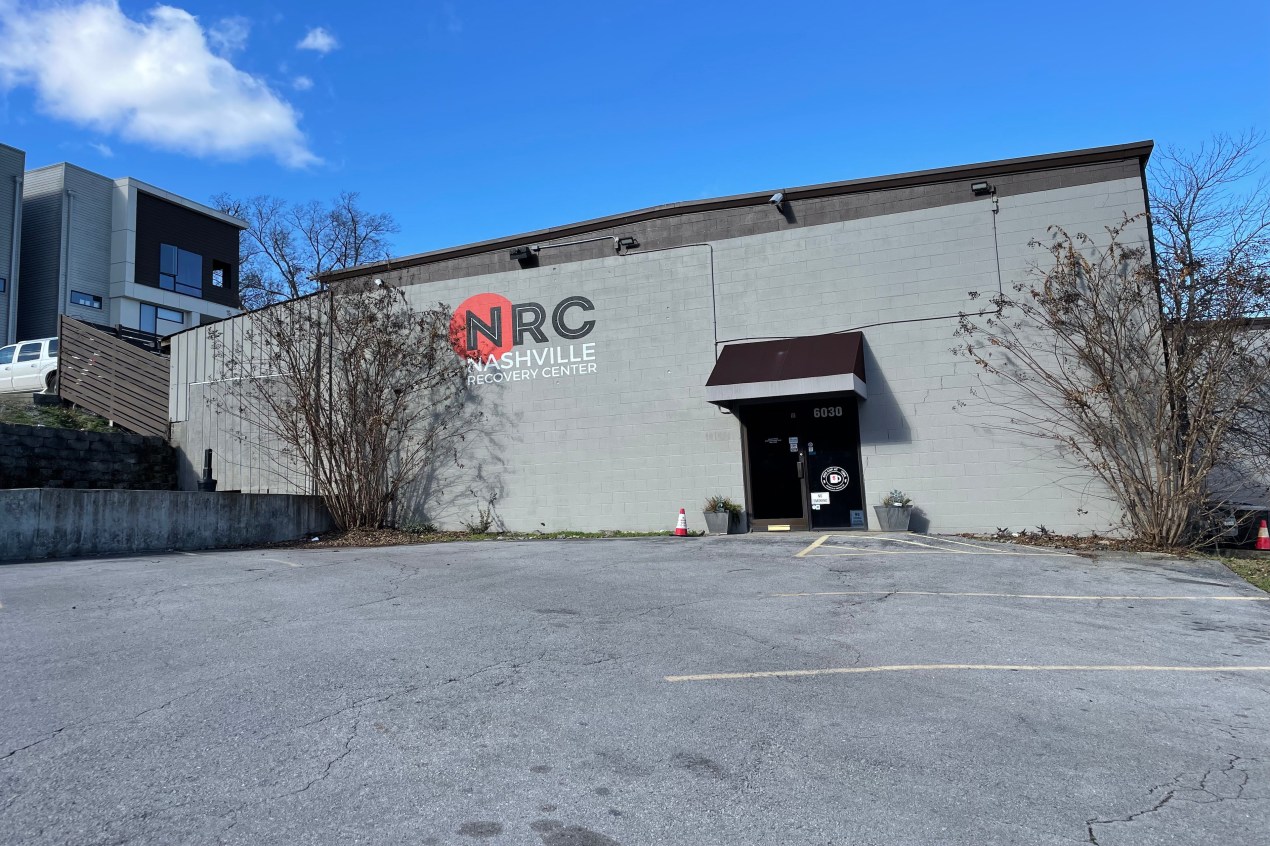Navigating the Journey of Cleansing in the Comprehensive Dependency Therapy Program
Embarking on the path of detoxification within the framework of a comprehensive addiction therapy program is a critical phase in the trip in the direction of recovery. The process of cleansing holds a significant role in breaking the physical dependence on substances and preparing the individual for the subsequent stages of treatment. Nonetheless, navigating through detoxification is not merely a matter of physical cleansing; it entails a complex interplay of emotional, emotional, and social elements that require careful consideration and support. As people come to grips with the difficulties of withdrawal symptoms and the uncertainties that exist in advance, having an organized strategy and a durable assistance system in position ends up being extremely important. In this conversation, we will explore the multifaceted facets of cleansing within the detailed addiction therapy program and lost light on the crucial parts that form this transformative journey in the direction of healing.
Significance of Detoxing in Healing

Cleansing establishes the foundation for the rest of the dependency therapy program by preparing the individual for additional treatment and therapy. By cleaning the body important that have actually been clouding judgment and influencing actions, detoxification enables patients to approach their recovery with a clearer mind and stronger focus.
Furthermore, cleansing aids in taking care of the potentially serious withdrawal signs that may occur when drug or alcohol use is stopped. Doctor carefully keep track of clients during detox to guarantee their safety and security and supply needed support. Through this procedure, people can start their trip towards sobriety with a stabilized psychological and physical state, boosting the probability of a successful healing.
Comprehending the Detox Process
Detoxification, a basic element of addiction treatment programs, entails a structured process intended at safely removing damaging substances from the body to promote an effective recovery trip. The detoxification procedure usually begins with an evaluation to analyze the person's substance usage history, physical health, and psychological health. This assessment helps health care professionals establish the most appropriate detoxification plan tailored to the individual's needs.
Throughout detox, the body experiences withdrawal as it changes to the absence of the compound. Withdrawal symptoms vary depending on the kind of compound used, the duration of use, and private factors. Clinical supervision throughout detoxification is critical to manage withdrawal signs and symptoms and ensure the person's safety and security and comfort.

Taking Care Of Withdrawal Signs And Symptoms

Drugs might be utilized to minimize specific withdrawal symptoms and minimize discomfort. As an example, medications like methadone or buprenorphine can aid handle opioid withdrawal symptoms, while benzodiazepines might be made use of for alcohol withdrawal. It is necessary for healthcare providers to very carefully monitor the person's reaction to these drugs to ensure their safety and efficiency.
In enhancement to pharmacological interventions, helpful treatments such as counseling, peer support teams, and holistic practices like mindfulness meditation or yoga can assist people handle the psychological and emotional challenges of withdrawal. By attending to withdrawal symptoms thoroughly, doctor can improve the cleansing experience and assistance people on their trip to healing.

Assistance Systems During Detoxification
Support group play an important duty in providing social and psychological help to people undergoing detoxification in dependency therapy programs. Throughout the detoxification procedure, people important link usually experience a series of physical and emotional withdrawal symptoms, making this phase difficult - Addiction Treatment Center. Having a solid support group in position can considerably affect the person's ability to navigate through detox successfully
Assistance groups offer a platform for people to attach with others that are going via comparable experiences, offering a sense of area and shared understanding. Health care professionals, consisting of therapists, counselors, and doctors, play an important function in monitoring the individual's progression, supplying medical support, and using guidance throughout the detoxification procedure.
Looking Ahead: Life After Detoxification
Having successfully finished the detoxification stage, people in addiction treatment programs now concentrate on planning for the difficulties and opportunities that lie ahead in their trip towards healing. Life after detox notes an essential shift duration where people have to proceed to improve the progression made throughout detox to maintain their soberness. It is important for individuals to recognize that the journey towards recovery is ongoing and calls for dedication, dedication, and a willingness to embrace change.
One trick aspect of life after detox is the advancement of coping systems to manage triggers and cravings that might emerge. This might include discovering new skills, such as mindfulness practices, cognitive-behavioral methods, and anxiety administration techniques, to navigate tough scenarios without considering compound use. Additionally, people are motivated to actively take part in recurring treatment, support system, and aftercare programs to enhance their assistance network and get advice as they browse the complexities of life post-detox.
Conclusion
Understanding the detoxification procedure and managing withdrawal symptoms are informative post necessary steps in the direction of recovery. It is crucial to recognize the relevance of detoxification in the process of getting over addiction and relocating towards a life of sobriety.
Clinical supervision during detox is crucial to handle withdrawal signs and symptoms and guarantee the person's safety and comfort.
By recognizing the detoxification procedure and its importance in breaking the cycle of dependency, people can embark on a course in the direction of lasting recuperation.
Throughout the detox procedure, people usually experience a range of physical and emotional withdrawal symptoms, making this phase difficult. Medical care specialists, consisting of therapists, counselors, and doctors, play a critical duty in keeping track of the individual's progress, supplying medical support, and using support throughout the detox process.
Life after detoxification notes a critical change period where individuals should continue to develop on the progress made during navigate to this website detox to maintain their sobriety.
Comments on “Compassionate Treatment: Discovering Addiction Treatment Centers Near You”